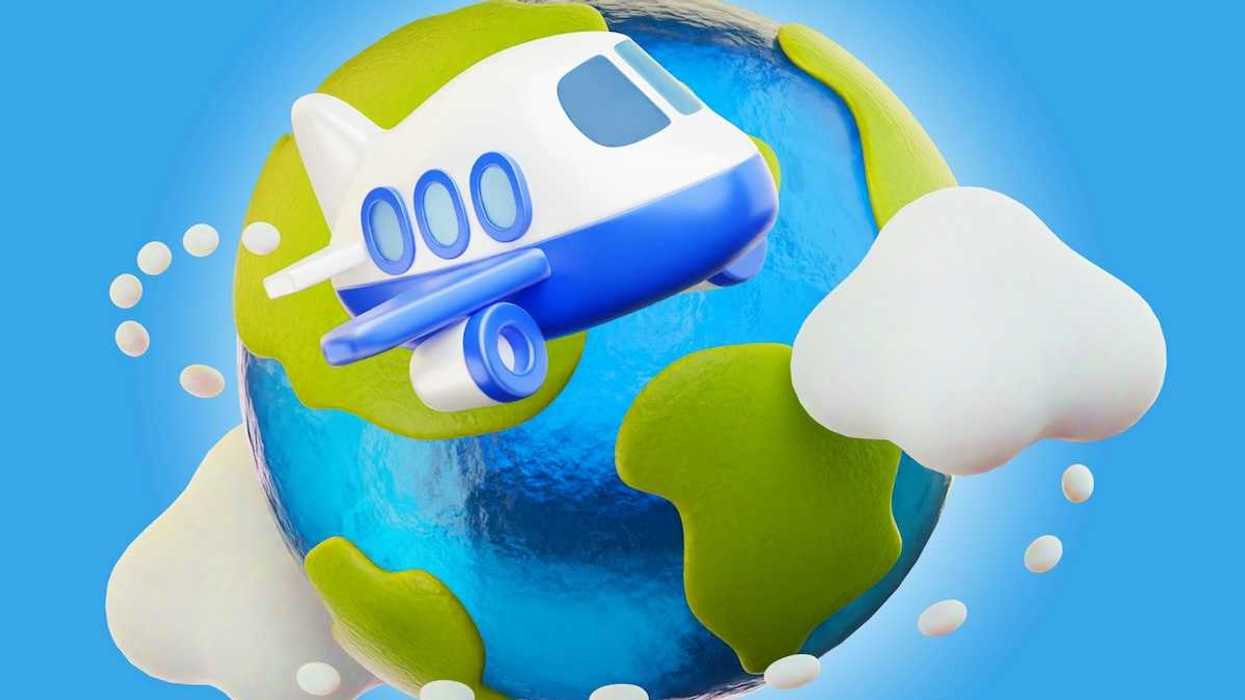An eight-month investigation by Deep Science Ventures concludes that synthetic chemicals saturating food, water, and air may be fuelling global surges in cancer, cognitive disorders, and falling sperm counts.
Tara Cobham reports for The Independent.
In short:
- Researchers identified more than 3,600 synthetic chemicals leaching from food packaging and pesticides already present in human tissue, with 80 flagged as especially hazardous.
- Testing detected PFAS in nearly every person studied and found that 14% of European teenagers carry blood levels associated with serious disease and sharply reduced sperm counts.
- Chemical output has risen 50-fold since the 1950s, eclipsing regulatory capacity and, according to the authors, pushing the planet beyond a safe boundary for persistent pollutants.
Key quote:
“Toxicity is the most underrated threat facing humanity.”
— Jeremy Grantham, co-founder and chair, The Grantham Foundation for the Protection of the Environment
Why this matters:
Modern life is awash in synthetic compounds that resist breakdown, accumulate in tissues, and subtly sabotage the body’s hormone and immune systems. Epidemiologists now trace a share of the world’s fastest-growing diseases — including endometrial cancer, childhood leukaemia, Type 2 diabetes — to long-term, low-dose exposure to PFAS, plasticizers and pesticide residues. Economists estimate the resulting health burden costs the United States alone hundreds of billions of dollars in lost productivity and medical bills each year. Without stronger oversight, the cocktail of contaminants coursing through everyday products threatens to lock in a slower, more expensive public health crisis.
















